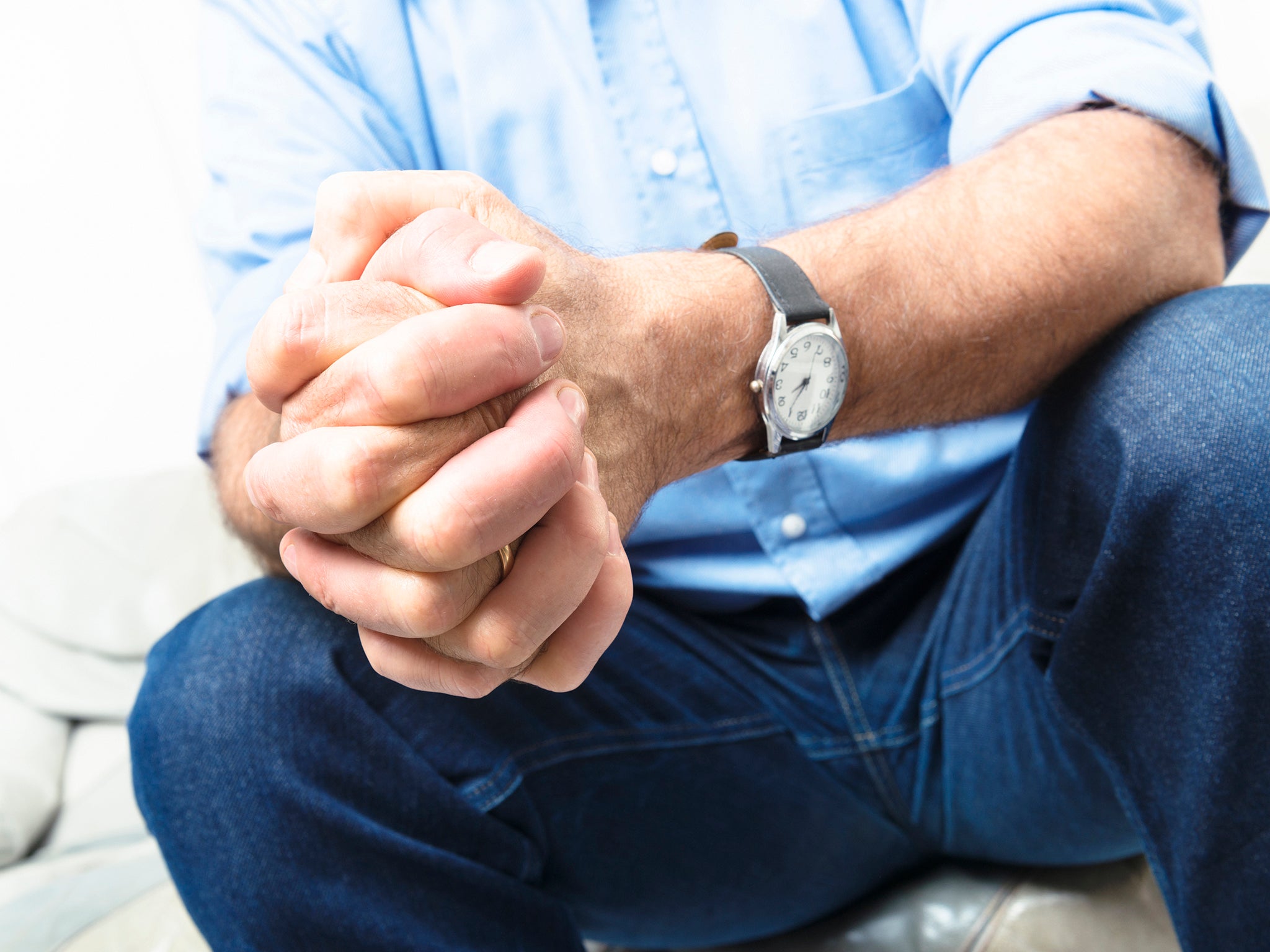Prayer can reduce alcohol cravings, study finds
Researchers believe prayer can have a positive effect on those fighting addiction

A craving for alcohol could be tempered by the power of prayer.
Researchers from New York University worked with longstanding members of Alcoholics Anonymous (AA) to assess their cravings after reading various texts.
They found that prayer can minimise alcohol cravings by stimulating the parts of the brain which are responsible for attention and emotion.
The participants, who were first shown a series of images considered to induce alcohol cravings, reported less desire to drink after then reciting a prayer.
Marc Galanter, senior author of the study and Professor of Psychiatry and Director of the Division of Alcoholism and Drug Abuse at the university, said the experience of going to AA had left some people with an "innate ability" to use prayer to minimise the effect of alcohol triggers.
“Craving is diminished in long-term AA members compared to patients who have stopped drinking for some period of time but are more vulnerable to relapse,” he added.
Of the 20 AA members who took part in the study, none reported a craving for alcohol in the week prior to the testing, but all reported some degree of craving after viewing the images.
Yet all of the participants said these cravings had reduced after reciting an AA prayer.
Dr Galanter said they wanted to find out what was happening in the brain when an AA member experienced a 'trigger', such as a bar, or going through something upsetting.
MRI scans showed those who prayed had increased activity in the regions of the brain which control attention and emotion.
“This finding suggests that there appears to be an emotional response to alcohol triggers, but that it’s experienced and understood differently when someone has the protection of the AA experience.
“Our current findings open up a new field of inquiry into physiologic changes that may accompany spiritual awakening and perspective changes in AA members and others,” said Dr Galanter.
Join our commenting forum
Join thought-provoking conversations, follow other Independent readers and see their replies
Comments
Bookmark popover
Removed from bookmarks